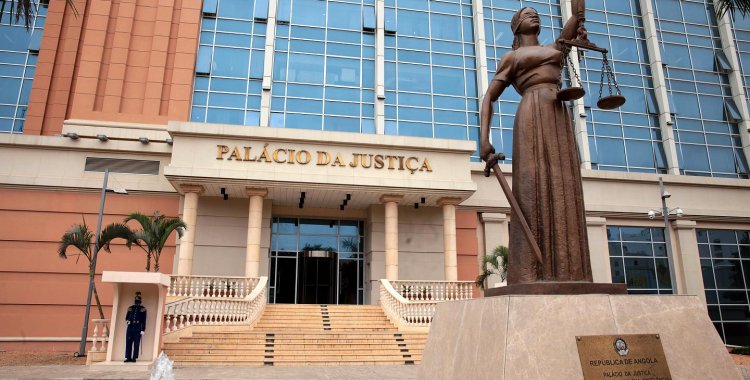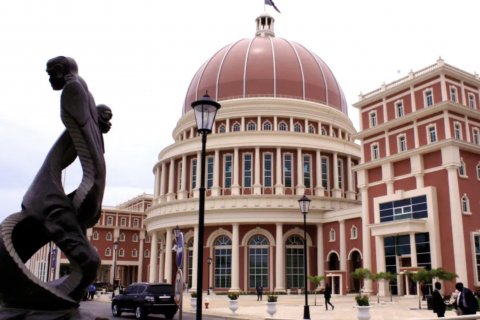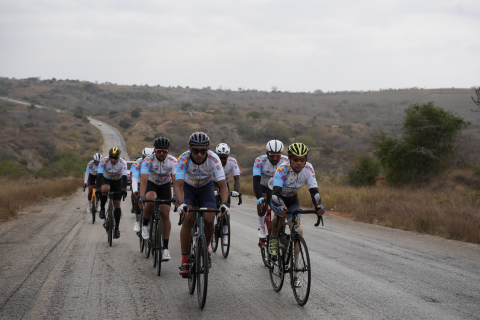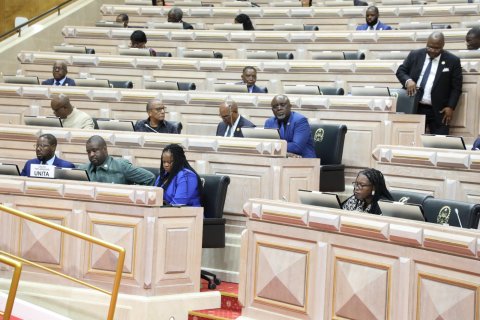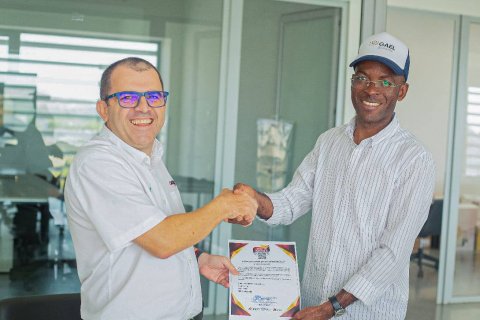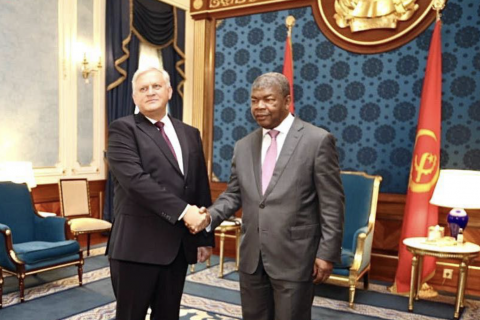"It is time for us to also start reflecting on the need for the Constitutional Court to specifically debate constitutional issues, therefore thinking about the creation of an Electoral Court", said Luís Paulo Monteiro today, defending that electoral issues be dealt with in other forums, leaving the TC "to resolve issues of the unconstitutionality forum",
Speaking on the sidelines of the main conference of the 15th anniversary of the TC, which takes place at the Palace of Justice, in Luanda, he said that the Constitutional was one of the courts that had a "more improved" secretariat organization since its creation in 2008.
But, he observed, that lately he has also started to receive some complaints: "we have questions raised by the lawyers themselves regarding the delay in deciding cases".
"We believe that there are pendencies, but they are issues that we think should be effectively debated, which currently constitute a challenge for us to move on to a better phase", he stressed.
"From Institutionalization to its Affirmation as Guardian of the Constitution of the Republic" is the motto of this conference, which today had the intervention of the Angolan President, João Lourenço, in the opening session.
For the chairman of the OAA, it is also the duty of forensic operators to alert the decision-making bodies so that the judicial system effectively becomes better in the administration of justice.
In the opinion of Luís Paulo Monteiro, it is also time for the Constitutional Court to think about changing the principle of exhaustion and becoming a body where the citizen has direct access.
"Therefore, you can only go to the TC after exhausting all the procedural mechanism, we think that being a citizen's court, access to the Constitutional Court should be direct", he defended.
"These are issues that are part of a path, but we think it is time that they actually start to be talked about, debated and considered to see if there is actually implementation with a legal reformulation", he stressed.
With regard to the current situation of the Angolan judicial system, Luís Paulo Monteiro spoke of the need to improve the administration of justice, considering that there is "an actual crisis in justice, mainly in common justice".
He pointed out as an example the case of the Supreme Court that, last year, did not produce any decision.
"At the level of the district courts, production is also very low and, therefore, all this leads to the belief that there is a need to effectively rethink", he stressed.
He also regretted the "lack of dialogue" that he says exists between the leaders of the bodies that intervene in the administration of justice, referring that the OAA has been "crying in the desert" for the realization of this dialogue.
"It effectively persists (the lack of dialogue), because so far no meeting has taken place, no extended forum in which the leaders of the bodies involved in the administration of justice were present", he pointed out.
There are many issues "that can easily be resolved, but that effectively lack meetings between the leaders of the institutions belonging to the system", concluded the president of the Angolan Bar Association.
The Constitutional Court of Angola was formally established on June 17, 2008 and has eleven judges annually.
This judicial body is responsible for dealing with matters related to the process of preventive, successive inspection and unconstitutional omission, ordinary and extraordinary appeals of unconstitutionality and with powers to guarantee respect for the rights, freedoms, and fundamental guarantees of the citizen.

